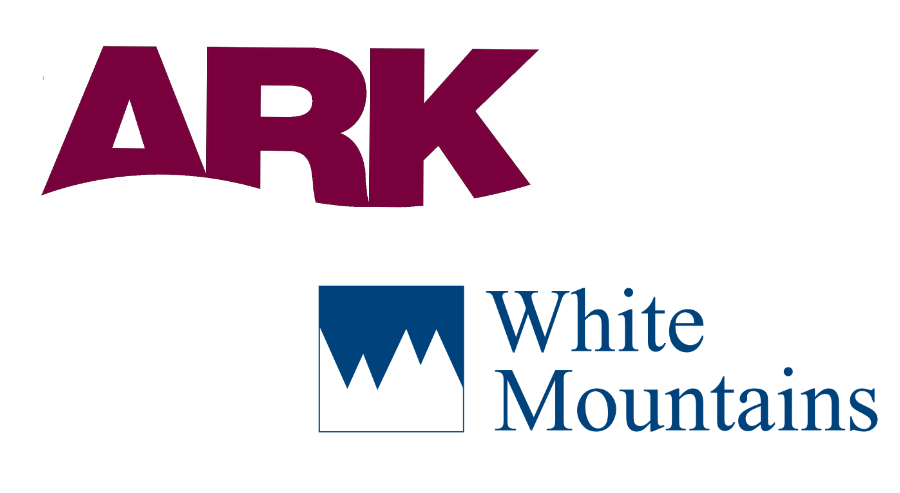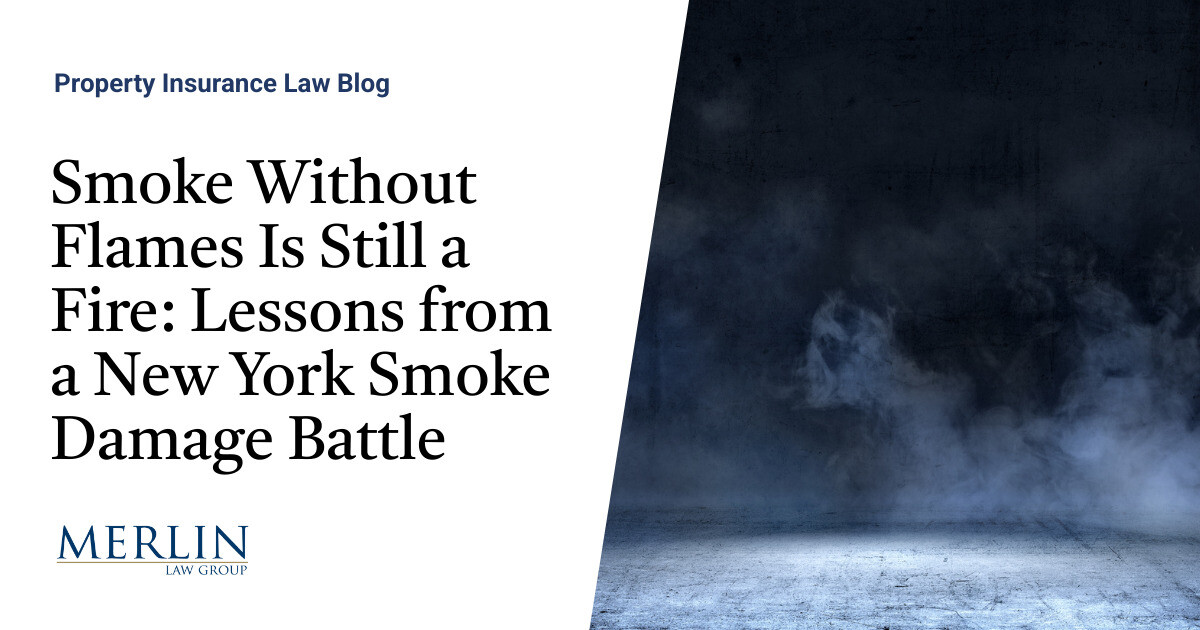If you are commonly faced with situations that could lead to injury or accidental death from drowning, machinery malfunctions, falls, or car accidents; you may be wondering if a life insurance policy will cover such incidents.Fortunately, there is a type of insurance policy meant specifically for these types of individuals: Accidental Death & Dismemberment Insurance.If you are interested in learning more about Accidental Death Insurance, this article will explain everything you need to know about AD&D policies.Table of Contents: What Is AD&D Insurance?Who Needs an AD&D Policy?What’s Covered?What’s NOT Covered?How To Purchase AD&D InsuranceAD&D Policy OptionsPros & Cons of Accidental Death InsuranceShould You Consider AD&D Coverage?Better known as accidental death and dismemberment insurance or simply as accidental death insurance, AD&D insurance provides coverage for a relatively limited set of covered events.As its name suggests, these events must qualify as accidental per the insurer’s definition of the term, and can include death or serious injury from events such as falls or automobile or airplane accidents.The benefits are paid to beneficiaries such as surviving spouses and/or children.An AD&D policy may be purchased as a simpler, lower-cost alternative to life insurance.Alternatively, it can be combined with a life insurance policy and other benefits for comprehensive injury and death coverage.AD&D policies are offered by many traditional insurers, financial institutions, and employers.Is AD&D A Type of Life Insurance?The term “accidental life insurance” is something of a misnomer, since some insurers stipulate that AD&D insurance is not a type of life insurance per se.
Instead, it is often purchased as an entirely separate policy with a different set of benefits and exclusions, or included as a rider on an existing life, health, or other insurance policy.In the latter case, it may be known as a double indemnity rider, since it would pay out benefits in addition to those paid by the life policy itself, although insurers will cap the total amount of payable benefits regardless of the coverage of the policyholder.You can learn more about AD&D vs Life Insurance in our article.AD&D insurance might be a prudent choice for individuals who are inherently at high risk of accidental death (e.g., due to the dangerous nature of their work) and seek the peace of mind that their families would receive substantial benefits in the event of a covered accident.It is also a viable option for policyholders who are on a strict budget and/or who do not wish to undergo the medical examinations required for some forms of life insurance.However, life insurance is a superior alternative to AD&D for many buyers.Most life policies provide more extensive coverage and some (like whole life insurance) also have a cash value component.The coverage provisions of a typical A&D policy might seem straightforward (accidental death and injury), but there is considerable complexity involved in how these events qualify as “accidental” or end up fitting into an often-lengthy list of exclusions.AD&D coverage will generally pay for accidental loss of life as well as a loss of the following:HearingSpeechEyesightLimbsFingersThe ability to moveFor example, a policy may pay 100% of its face value for an accident resulting in quadriplegia or for the loss of speech and hearing, but lower amounts for the loss of sight in one eye or the loss of an arm.It could also pay an amount equivalent to the original policyholder’s annual salary, like in the case of a government worker.Common situations that may lead to such injuries or accidental death and a resulting AD&D benefit payout include:FallsMachinery malfunctionsDrowningsAutomobile accidentsCommon carrier accidents (taxis, buses, airplanes)Despite these benefits, an AD&D policy should not be confused for disability insurance.
That’s because it does not replace, on an ongoing basis, a portion of the disabled’s income due to their inability to work.Benefits from AD&D plans are paid out as lump sums after qualifying events.Like other insurance types such as home and life policies, AD&D plans come with exclusions and limitations.Here are the most relevant AD&D policy exclusions:SuicideDeath attributable to illness or natural causesIntoxication and drug overdosesSkydivingCar racingDrunk drivingBacterial infectionsSurgeryMoreover, insurers set time limits on how long after the accident a death or injury can occur to qualify for AD&D benefits.The period might be as short as a few months or as long as a year, depending on the provider.There are multiple ways to purchase and structure an AD&D policy.Here are the options for purchasing an accidental death policy:AD&D As A Standalone ProductAD&D insurance can be bought by itself, by individuals or groups.
The premium is relatively low, as are the overall benefits since they are not incorporated into a full-fledged life, health, or travel policy.AD&D As A Life, Health or Travel Policy RiderLife insurance, in particular, is a popular policy type for an AD&D rider.As a double indemnity rider, it pays out its benefit in addition to the amount that the policy would pay for a death or serious injury.For instance, a $300,000 life insurance policy with a $100,000 AD&D rider could potentially pay $400,000 for a qualifying accidental death.AD&D As An Employer-paid Group BenefitGroup term life insurance policies, such as those offered by employers to employees, may include AD&D benefits.
The employer may pay for these benefits directly or make them available on a voluntary basis, in which case the premium is deducted from the employee’s paychecks.AD&D Through A Bank or Credit UnionSome banks and credit unions offer a modest amount of AD&D coverage free to their members.Additional coverage may be attainable for a fee charged to an associated credit card or bank account.Note that some AD&D policy agreements may be nested deep in the fine print of an account signup document and that some consumers have voiced confusion or other dissatisfactions with such plans.Like the life insurance policies they supplement or replace, A&D plans are somewhat flexible and may come with multiple features, riders, or additional coverage provisions that customize their benefits.
Some of the most common options include:Seat Belt BenefitThis additional benefit is paid if someone covered by an AD&D policy dies in an automobile accident despite properly wearing a seatbelt.Child Care BenefitThis provision reimburses a spouse or domestic partner for childcare expenses within a certain time frame after an accidental death.It has a limit and is paid out in addition to other AD&D benefits.Repatriation BenefitThis benefit covers the cost of transporting the insured’s body to a mortuary.Coma BenefitThis addition to an AD&D policy will pay a set amount, usually on a monthly basis for a fixed period of time, if the insured has entered into a coma as a result of a qualifying accident.Paralysis BenefitQuadriplegia, hemiplegia, and paraplegia may be covered up to a specific percentage of the policy’s face value.Note that some of the conditions described here, including paralysis and coma, may only be covered by a tier of AD&D coverage higher than an insurer’s standard or basic policy, if available.Before purchasing any AD&D policy, it is important to consider whether it is worth the additional time and effort, particularly if the would-be policyholder already has appropriate life insurance coverage.AD&D policies have distinctive advantages and disadvantages that must be evaluated in this context.The Advantages of AD&D Insurance:Inexpensive: Premiums for AD&D coverage are generally low, since accidental deaths are relatively rare compared to those from illnesses, which are excluded from AD&D policies.Simple application process: AD&D insurers do not require the medical examinations or go through the more sophisticated underwriting processes associated with life insurance.Clearly defined benefits: Policyholders can expect a lump sum equivalent to a percentage of the policy’s face value that corresponds to specific events.Quick approval and activation: Coverage from an AD&D policy usually kicks in right away after approval, which some insurer may guarantee as long as a few basic requirements are met.The Disadvantages of AD&D Insurance:Limited coverage: With an AD&D policy, the insured only has coverage for a narrow range of events, none of which are all that likely to occur.
Illness and non-accidental death or injury are much more common risks.Technicalities: It must be proven that a death or injury meets the insurer’s qualifications for an accident.Injuries or deaths that occur outside of the insurer’s specified time period, and as such don’t meet a definition for being directly attributed to the accident, may also disqualify a beneficiary from collecting the benefits.Redundancy: The key benefits of an AD&D policy may already be included in a life insurance plan that has more generous overall benefits and possibly cash value, too.Accordingly, the money paid for the AD&D coverage may be wasted.AD&D is no replacement for life insurance, but for some specific demographic groups, it doesn’t need to be.
A well-structured AD&D policy can provide important additional coverage that suits their circumstances and provides financial support for their families.Younger IndividualsDeath in an auto accident is the leading mortality risk for Americans ages 25-44, ahead of causes such as cancer and heart disease that are more common among older individuals.AD&D insurance would provide financial protection from a danger that disproportionately affects people in this age range.As someone moves up the age brackets, though, AD&D coverage may gradually make less sense and become fully replaceable by a life policy.Applicants Who Were Denied Life InsuranceTerm and whole life insurance policies often require a medical exam to confirm the applicant’s health prior to securing a policy.These tests may also screen for indicators of chronic conditions such as heart or kidney disease.
Poor results can result in denial of a policy.Obtaining AD&D insurance does not require passing a medical exam, making it a possible alternative for individuals who need coverage but can’t get it through life insurance.Persons With Uninsurable Medical ConditionsAlong similar lines, life insurance applicants with significant medical conditions might think that their only recourse is a guaranteed issue life insurance policy.This type of policy pays out its benefit regardless of the policyholder’s health conditions, meaning it doesn’t require a medical exam but does come with steep premiums.However, AD&D coverage could be an economical alternative, depending on its provisions.Frequent TravelersAD&D policies often contain common carrier clauses that allow benefits to be paid out if the insured died or was injured in an accident involving public transportation, a taxi/car service or aircraft, among other possibilities.Some insurers may even offer higher payouts for such incidents.
Frequent travelers, in particular, may benefit from having an AD&D policy in place.Workers With High-Risk OccupationsIf someone works in a risky industry with heavy machinery, toxic chemicals, or other major hazards, setting up an AD&D policy individually or through an employer could be prudent.Combined with the death benefit in a standard life insurance policy, the payout would help the surviving policy beneficiaries maintain financial security.Employees Who Can Attain It As A Low or No-Cost benefitEmployers may offer accidental life insurance within a benefits package that also includes health and life insurance.Accepting or opting-in to this coverage has no real drawbacks as long as the costs are manageable for the insured.Overall, AD&D insurance can be either a useful product on its own or an important part of a larger array of life, health, and travel coverage.
Prospective buyers should check each insurer’s specific payouts, requirements, and additional benefits to see if they align with their current circumstances and the financial needs of their beneficiaries.*While we make every effort to keep our site updated, please be aware that "timely" information on this page, such as quote estimates, or pertinent details about companies, may only be accurate as of its last edit day.Huntley Wealth & Insurance Services and its representatives do not give legal or tax advice.
Please consult your own legal or tax adviser.
Publisher: Insurance Blog by Chris








